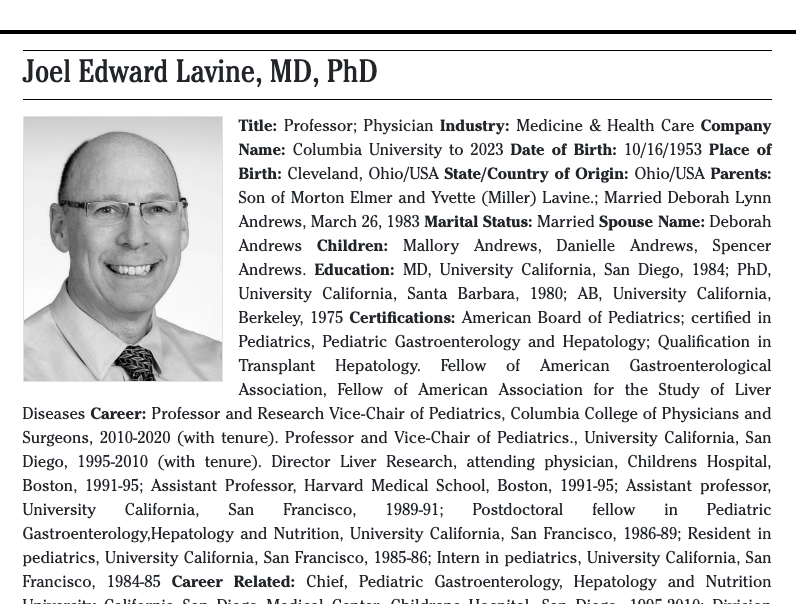Charting Your Course: A Roadmap to Becoming a Pharmaceutical Company Consultant by Joel Lavine

As the pharmaceutical industry continues to evolve, the demand for seasoned consultants who can navigate its intricacies is rising. If you aspire to become a pharmaceutical company consultant, there are several strategic steps you can take to pave your way into this dynamic and impactful career. This article will guide you through the essential elements to consider.
As explained by Joel Lavine, establishing a solid educational foundation is paramount for aspiring pharmaceutical company consultants. Consider pursuing a degree in pharmacy, biochemistry, chemistry, or a related field to understand the scientific principles underpinning the industry. Many consultants also hold advanced degrees, such as a Master's or PhD, to deepen their expertise and broaden their career prospects.
Building a successful career in pharmaceutical consultancy often starts with gaining hands-on industry experience. Work within pharmaceutical companies in roles such as research and development, clinical trials, or regulatory affairs to acquire valuable insights. This experience not only enhances your knowledge but also provides a practical understanding of the challenges faced by pharmaceutical companies, a perspective highly sought after in consultancy.
In addition to a strong educational background, cultivating a specialized skill set is crucial for standing out in the competitive field of pharmaceutical consultancy. Mastering areas such as regulatory affairs, market analysis, and project management will make you a valuable asset to potential employers. Stay current with industry trends and technological advancements, and hone your skills in data analysis and communication to effectively convey complex information.
Networking plays a pivotal role in the journey to becoming a pharmaceutical company consultant. Attend industry conferences, join professional organizations, and participate in online forums to connect with professionals in the field. Building a robust network provides valuable insights into the industry and can open doors to potential job opportunities and collaborations.
Enhance your credentials and demonstrate your commitment to excellence by obtaining relevant certifications. Certifications in regulatory affairs, project management, or specialized areas like healthcare compliance can distinguish you as a qualified and knowledgeable consultant. Many employers value these certifications as they signify a dedication to staying current with industry standards and best practices.
A polished resume and a compelling portfolio are essential tools when applying for pharmaceutical consultancy roles. Tailor your resume to highlight relevant experiences, skills, and certifications. Your portfolio should showcase successful projects, case studies, and any tangible contributions you've made to pharmaceutical initiatives, demonstrating your ability to deliver tangible results.
Conduct a targeted job search on industry-specific job boards, company websites, and professional networks. Prepare for interviews by researching potential employers, understanding current industry challenges, and practicing responses to common pharmaceutical consultancy questions. Showcase your problem-solving abilities and demonstrate how your unique skill set aligns with the needs of the consulting role.
Becoming a pharmaceutical company consultant is a rewarding journey that requires a combination of education, industry experience, specialized skills, networking, certifications, and a compelling professional presence. By following this roadmap, you can position yourself for success in a field that offers diverse challenges and allows you to contribute significantly to the growth and innovation of the pharmaceutical industry.








